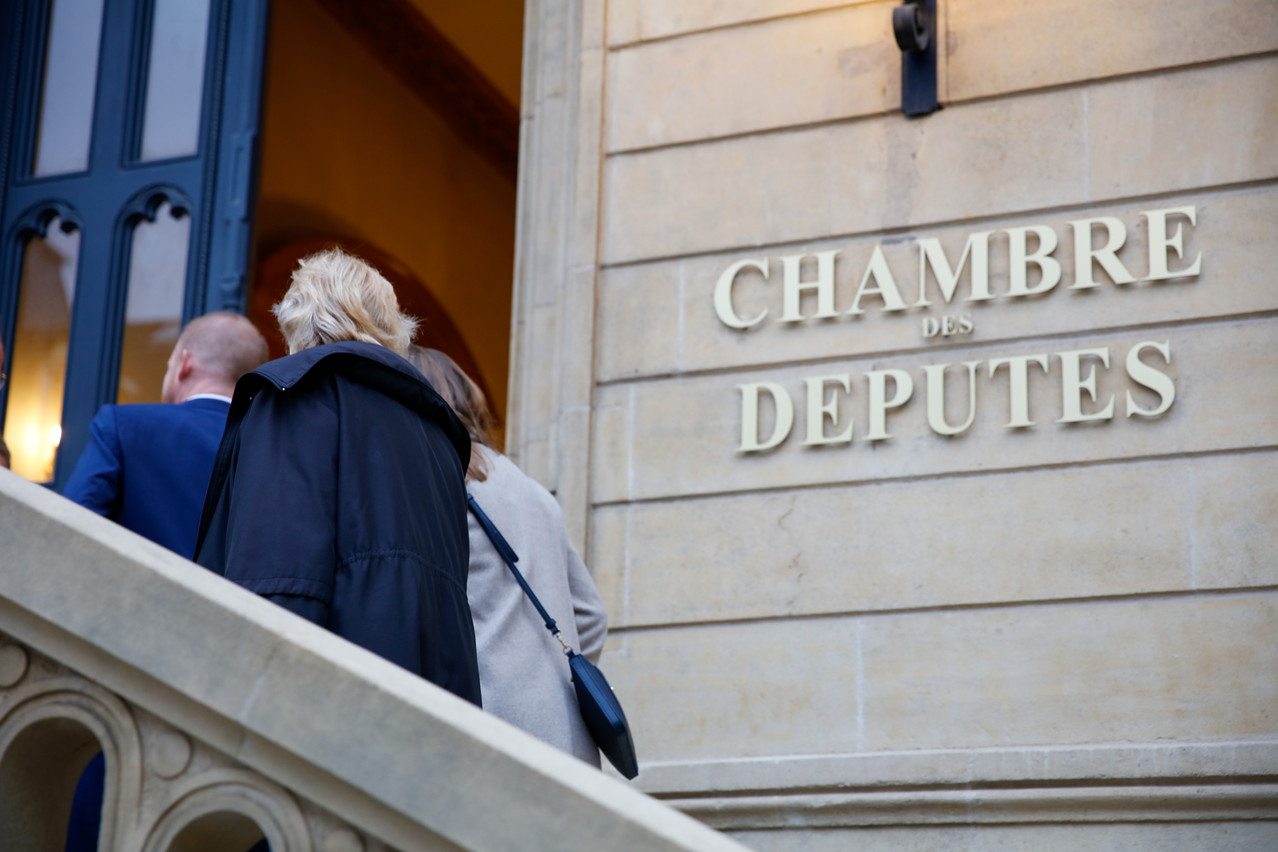The reform of the country’s highest laws has been ongoing for more than a decade but party squabbles in 2019 meant a comprehensive new text--which was set to be put to a public vote--was shelved. Instead, the update was divided into four chapters--justice, organisation of the state, rights and liberties, and Chamber of Deputies and Council of State. As a result, the government parties--the DP, LSAP and Déi Gréng--abandoned a referendum they had promised during the 2018 elections.
A petition demanding a referendum reached more than 18,500 signature meaning that it had to be debated in parliament with lawmakers and the government. This debate took place on Thursday, but parties decided to stick to their decision not to host a referendum.
The piecemeal update in chapters means that the constitution is being progressively reviewed, complicating a referendum.
Lawmakers already voted to establish a supreme justice council--a watchdog to ensure the judiciary’s independence--while also strengthening the separation of powers between judges and the public prosecutor’s office. A second vote is necessary for the changes to be adopted.
This week, members of parliament that the right to start a family should be added to a list of civil liberties as well as strengthening children’s rights.
However, a citizens’ initiative pushing for a referendum is still ongoing. Under Luxembourg law, voters can request a referendum on changes to the constitution up to two weeks after the first vote in parliament has taken place. Members of parliament on 20 October passed the justice chapter in a first vote.
At least 25,000 voters must now sign their name at their commune between 19 November and 20 December to demand a public ballot. This would trigger a referendum on the justice chapter. The same process would have to take place for the other three chapters for voters to get their say on all aspects of the reform.
A showed that 70% of voters in the country felt they didn’t know what changes were going to be made to the constitution and nearly two thirds (63%) were unsure if the reform was a good thing or not.
Luxembourg’s biggest opposition party, the CSV, ahead of the debate said it wouldn’t use its position as the largest group in parliament to trigger a referendum. MPs can force a referendum if 16 lawmakers formally petition the government. The CSV is the only party in parliament that has enough seats to single-handedly do so.
But it has said it would only do so if the petition debated on Thursday received 25,000 signatures, which it did not.
